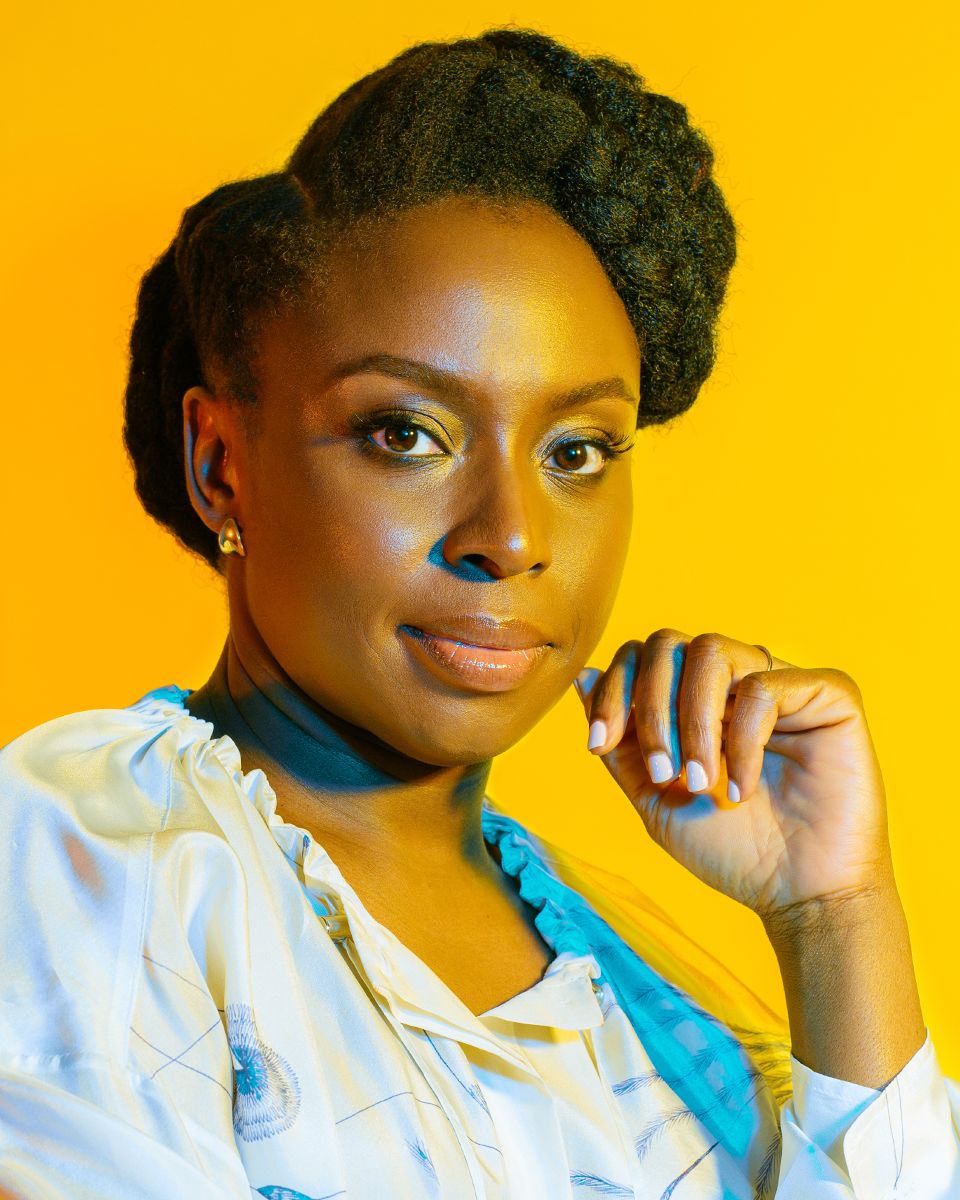“The Danger of the Single Story” Response
Chimamanda Ngozi Adichie’s “The Danger of a Single Story” is a profound inquiry into why the single story is so damaging. She speaks about how her characters were modeled after British books and life, and how for years after she wanted to taste ginger beer because that’s what the characters drank in the books she read.
“What this demonstrates, I think, is how impressionable and vulnerable we are in the face of a story, particularly as children.”
This made me stop the video and contemplate the gravity of this statement, we talk all the time of how impressionable we are as children yet we insist on using these “Single Stories” to provide material for imagination, then why should it be surprising that, as adults, we have preconceived ideas of other cultures. Furthermore this demonstrates why it is so hard to change a person’s mind, from the time we are young our outlook on the world is shaped by the stories around us. The stories we are told take many forms, from music to movies, from books to news media, and most importantly from our family and role models.
Probably one of the most pointed segments of the talk, is how Adichie recalls the narrative by which her mother communicates the class or social status of her “new house boy”, Fide.
“The only thing my mother told us about him was that his family was very poor.”
She finds herself in Fide’s village and has a single idea of what he and his family are, poor. This is how the “single story” has shaped her idea of the village where Fide is from. This has shaped her view on an entire group of people. For the first time she brings to light a real world example of the damaging nature of the “Single story”. She later goes on to say
“So that is how to create a single story, show a people as one thing, as only one thing, over and over again, and that is what they become. “
“What if my mother had told us that Fide’s family was poor and hardworking?”
These two lines very gracefully illustrate the point of this piece, the stories told about us and to us do indeed define us, all you know is what you have been told and to this end we have a great responsibility to engage our audience in a way that pushes them to want more, to find other stories or varied opinions, to challenge the stories told to us, and to gather information from multiple sources before committing to a viewpoint.
I’ll leave you with a final quote that shows how demonstrative the “single story” can be.
“Power is the ability not just to tell the story of another person, but to make it the definitive story of that person.”
For the full video please visit
